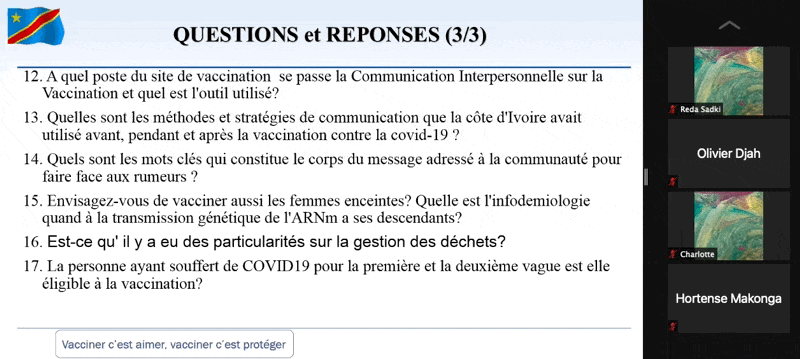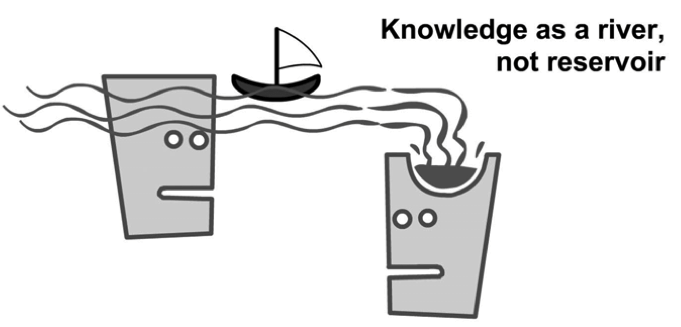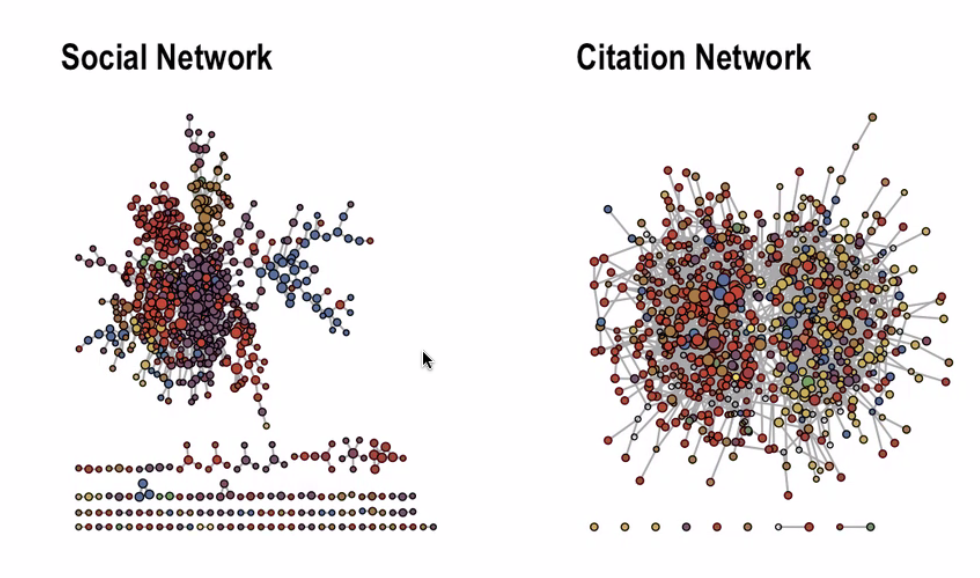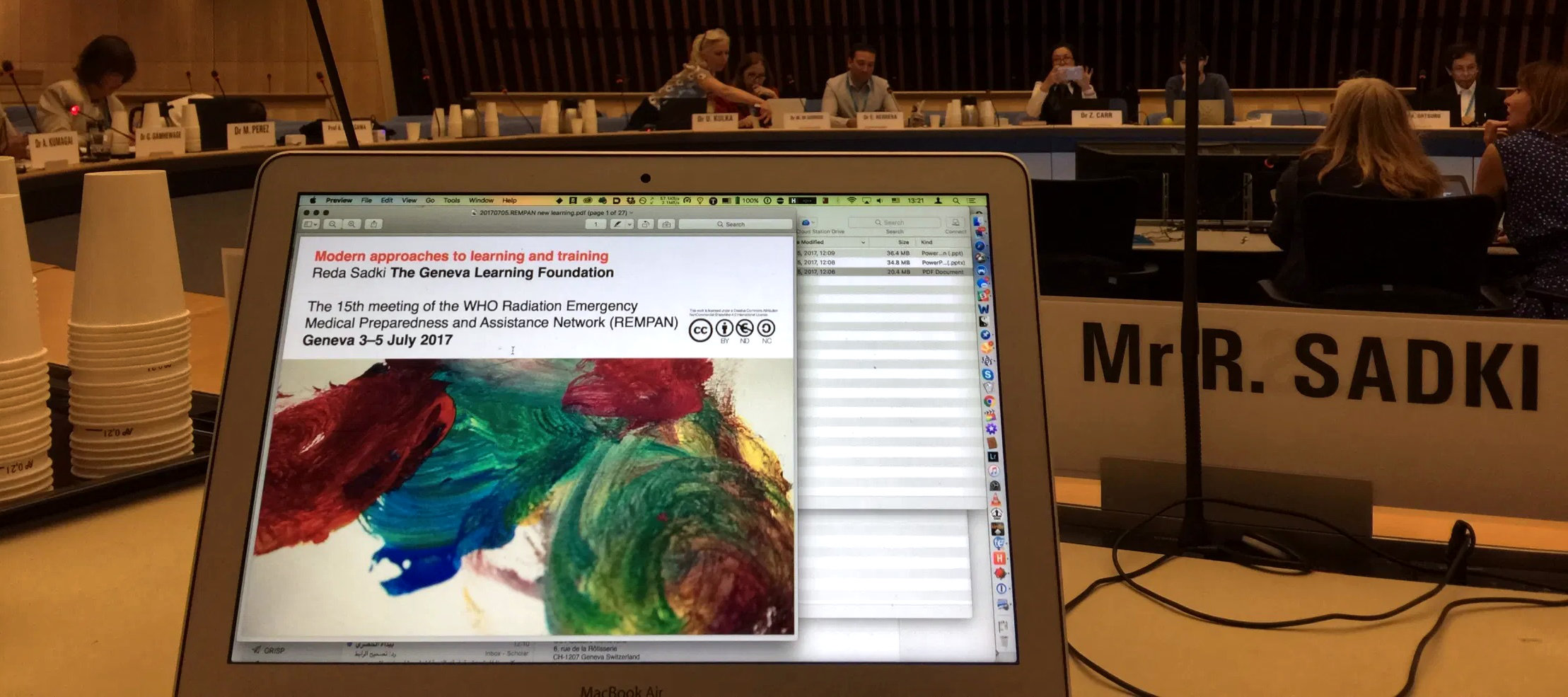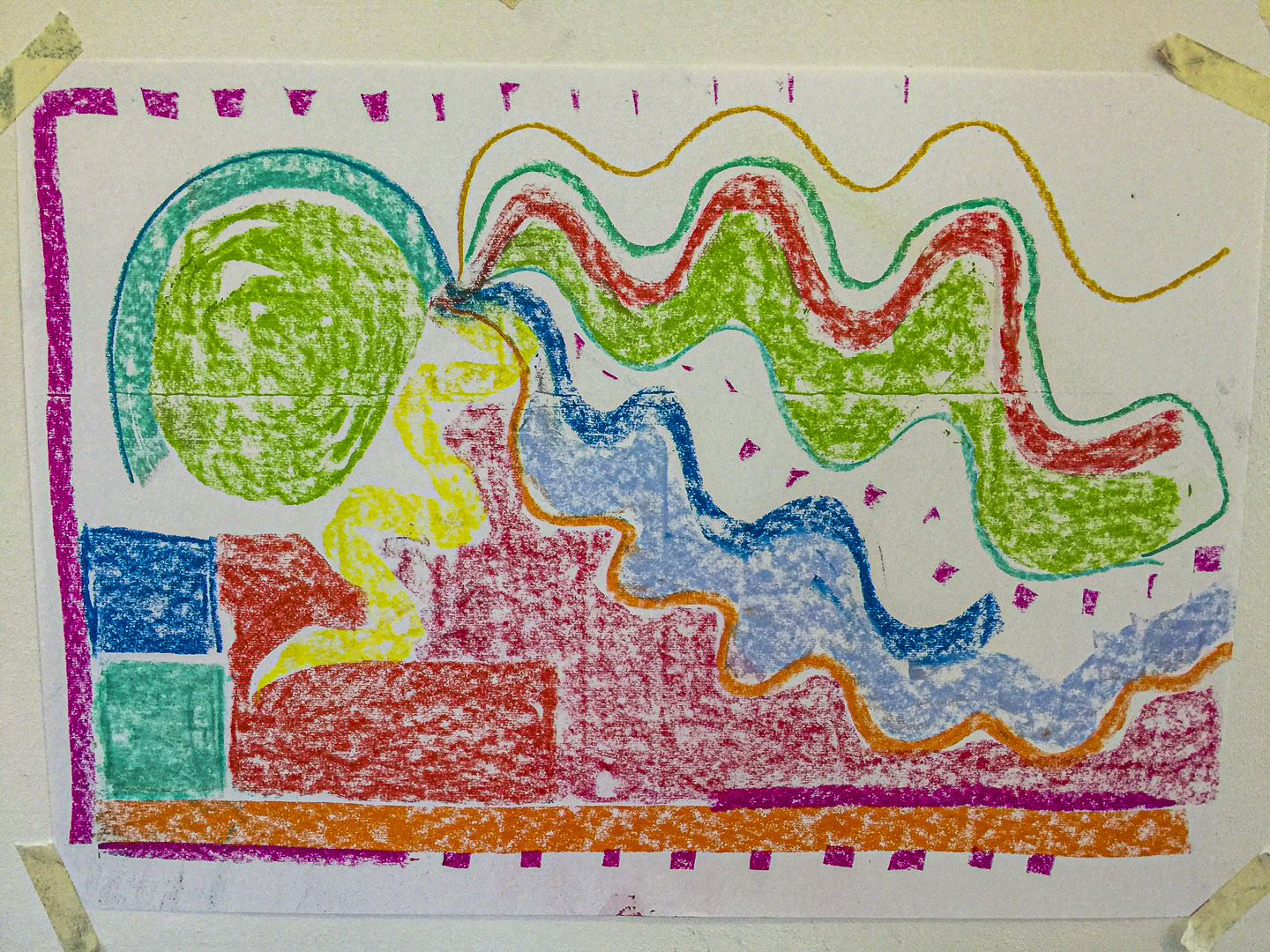
What if you were the key internal resource person with learning expertise? What if you advocated, recommended, and prescribed low-volume, high-cost face-to-face training? What if your advocacy was so successful that global partners invested hundreds of millions of dollars in what you prescribed – even in the absence of any standard to determine the return on that investment?



